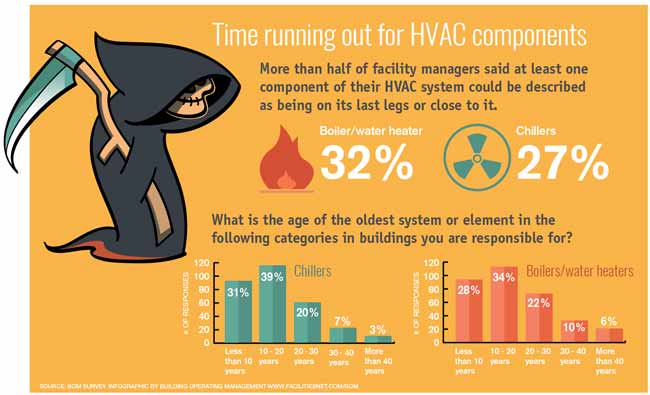Exploring The Ecological Benefits Of Heat Pumps - A Sustainable Heating Option
Exploring The Ecological Benefits Of Heat Pumps - A Sustainable Heating Option
Blog Article
Developed By-Long Stampe
In a period where sustainability and power effectiveness are paramount, several services seek eco-friendly home heating options. One such solution is the heatpump.
just click the following post draws out the warmth in its environments and pumps it right into your home, causing among one of the most reliable green central heater around. This process likewise produces absolutely no greenhouse gas emissions, making it a highly lasting technology.
Energy Effectiveness
Heat pumps are really power reliable and require little maintenance. They utilize much less electricity than other heating systems and are by far the most environmentally friendly. They function well with roof solar and can typically spend for themselves in energy financial savings alone.
They can likewise offer cooling, which is wonderful for garage workshops, attic hangouts and perk areas, and home enhancements without prolonging the existing ductwork. They can also be utilized for retrofits in existing homes with hydronic (water-based) distribution systems such as low temperature level radiators or glowing floors.
Try to find designs with SEER and HSPF scores that satisfy or surpass Canada's minimum requirements, along with the standards in your region. Greater rankings imply better efficiency, which conserves you cash over time and reduces your carbon footprint. You could even qualify for rebates and incentives! The best systems are those with a ground heat exchanger for added efficiency. These units can absorb thermal energy from the ground during the winter months and remove it in the summer.
Minimized Greenhouse Gas Emissions
Heatpump operate on electrical energy and essentially move heat from the air, also when it's chilly outside. They have the ability to draw out the free heat entraped in air particles and move them inside your home, decreasing humidity while doing so.
Contrasted to gas heating systems, contemporary heatpump use less than one kilowatt of electrical power per kilowatt of heating power they produce. This makes them one of the most energy effective home heating alternative offered with a POLICE (Coefficient of Performance) of 4 or more. By reducing the demand for fossil fuels, heat pumps help in reducing greenhouse gas exhausts and cut various other significant air pollutants.
Building decarbonization is a global crucial, and the HVAC sector is an essential driver of that procedure. Whether it's real estate investors making internet zero commitments, plan manufacturers setting exhausts limits, or lessees requiring greener rooms, electric heat pumps are being acknowledged as an important solution. discover this are an affordable method to minimize carbon exhausts by getting rid of the demand for fossil fuels in buildings.
Convenience
Heatpump can be made use of in several types of homes and structures-- with or without air ducts. They deal with hot-water radiators, air-conditioning and programmable thermostats. They can change heaters or be mounted in new residences. They can operate on solar panels, geothermal systems or perhaps district heating sources like wastewater.
They're wonderful at supplying more heat per energy device. For example, an air-source heat pump produces up to 3 or even more home heating units from each electricity device it takes in.
Obtaining the most from your heatpump will certainly depend upon your environment area and high quality of insulation. Try to find models with power STAR scores and contrast their SEER or HSPF specifications. In warmer climates, focus on SEER; in colder regions, think about a system with a greater HSPF ranking. On top of that, invest in air sealing and insulation to minimize the lots on your heatpump. That will certainly improve power performance and aid you reach your Net Zero goals much faster.
Biomass Boilers
Biomass central heating boilers use timber pellets, chips or logs to create warmth and warm water. They are an excellent selection for off-grid buildings or those that intend to leave the gas grid.
As a standalone heating unit, biomass can offer sufficient energy to maintain your home warm all the time without the regular warmth drop off of other eco-friendly innovations. They can also be made use of in conjunction with photovoltaic panels to increase savings and take advantage of RHI repayments.
A disadvantage of these systems is the in advance cost and routine fuel shipments. Frequently, pellets will require to be blown into a gas store utilizing a vacuum cleaner system or they can be by hand fed right into the boiler via a hopper. Logs are usually self-sourced from nearby timberland or purchased wholesale. As well as this, they call for manual loading and might require cleansing regularly.